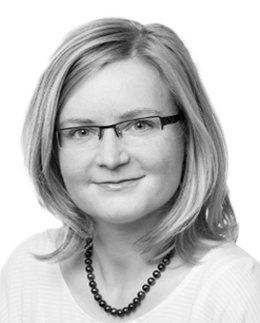Higher education research and science studies are highly empirical disciplines. The methods of social research used are manifold and characterized by the interdisciplinarity of the research area and the complexity of its topics. The cluster sees this as an opportunity: it serves as an umbrella for joint reflection and further development of different methodological approaches in higher education research and science studies with the aim of promoting the method discourse and helping to shape it beyond the DZHW.
In 2019, the cluster aims to create a framework for the reflection and development of empirical research methods. In doing so, qualitative, quantitative and mixed method designs as well as data collection and evaluation methods will be addressed in equal measure and current knowledge stocks at the DZHW will be connected. For this purpose, both activities of the overall cluster and individual workshops are planned in which methodological expertise is transferred and research questions and problems that have already become clear are dealt with. These research questions include, for example, the secondary use of qualitative data, the potentials and challenges of qualitative higher education research and science studies, framework conditions for promising planning of mixed method projects, challenges of online surveys and determinants of the quality of longitudinal data. At the same time, issues of data protection arising in connection with empirical social research will be addressed.
In the long term, this cluster will contribute to the strengthening, quality assurance and enhancement of empirical higher education research and science studies: Expertise will be concentrated and made visible, competences strengthened and new approaches communicated. At the same time, the aim is to prepare publications dealing with research desiderata that have already become visible.




